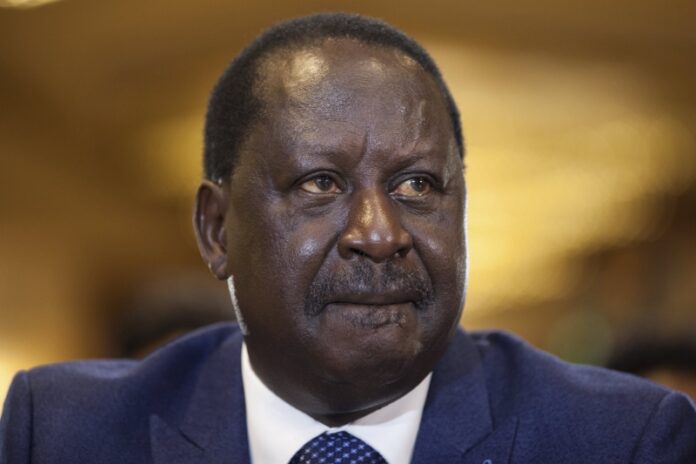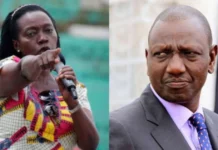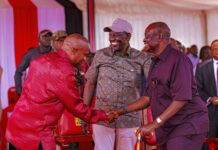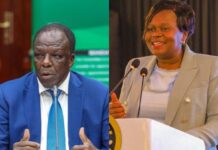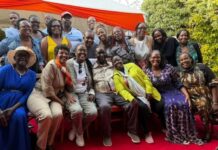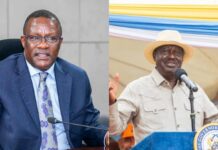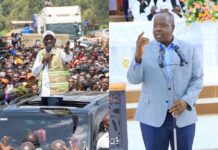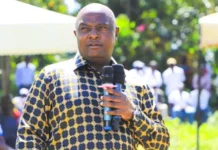When Djibouti’s Mahmoud Ali Youssouf clinched the African Union Commission (AUC) chairmanship, it wasn’t just a victory for him – it was a show of force by the Francophone and SADC blocs. And it left the East African Community (EAC) looking like the underdog in a political chess game it didn’t know how to play.
The Power Dynamics at Play
In Addis Ababa, it became clear that this was about more than just choosing the next AUC chair. It was about power, influence, and who calls the shots in Africa. The Francophone countries, backed by a tightly-knit SADC alliance, were playing the long game. They rallied behind Mahmoud with laser-sharp focus, while the EAC seemed scattered, failing to present a united front.
This raises a tough question: Is the EAC powerless in the AU hierarchy?
Agenda 2063 and EAC’s Vision: Nice Words, But Where’s the Power?
Both the AU’s Agenda 2063 and the EAC’s vision dream of a prosperous, integrated Africa. On paper, they’re beautifully aligned – talking about unity, peace, and sustainable development. But visions don’t vote. In the political arena, it’s about influence and alliances, and the EAC didn’t have either.
While Francophone nations leaned on historical ties and SADC leveraged its economic muscle, the EAC showed up fragmented and uncoordinated. It was a harsh reminder that good intentions don’t translate to power.
Kenya’s Leadership: Punching Below Its Weight?
Kenya went all in for Raila Odinga, hoping to place a heavyweight at the AUC’s helm. Yet, even with President William Ruto and a political entourage of 100 MPs showing up in Addis, the plan fizzled. Why? It’s not that Kenya lacks influence – it’s that other African leaders seem wary of it.
There’s a perception that Kenya’s assertiveness sometimes feels more like dominance. Add to that its political intrigues back home, and you get a country that struggles to rally continental support. This isn’t just about Raila losing; it’s about Kenya’s leadership hitting a diplomatic wall.
Why Does the EAC Keep Losing Out?
The EAC’s problem isn’t just about this one election – it’s about a chronic lack of cohesion. Its member states are pulling in different directions, each prioritizing national interests over regional unity. Meanwhile, the Francophone bloc plays the language and cultural card to stay united, and SADC flexes its economic clout.
The EAC, despite its growing economy, doesn’t have the same leverage. It’s caught in a political no-man’s-land, unable to turn its ambitions into influence.
What’s Next? Time for a Reality Check
If the EAC wants to matter in continental politics, it needs to get its house in order. This isn’t just about unity for the sake of it – it’s about survival in a political arena that rewards cohesion and punishes division.
Kenya, as the regional heavyweight, needs to rethink its diplomatic playbook. Less chest-thumping, more bridge-building. If the EAC can’t get on the same page, it’ll keep getting outmaneuvered by blocs that have mastered the art of political unity.
Agenda 2063 talks about an integrated and prosperous Africa, but that won’t happen if the EAC keeps getting sidelined. It’s time to move from vision to strategy – before it becomes just another dream deferred.









